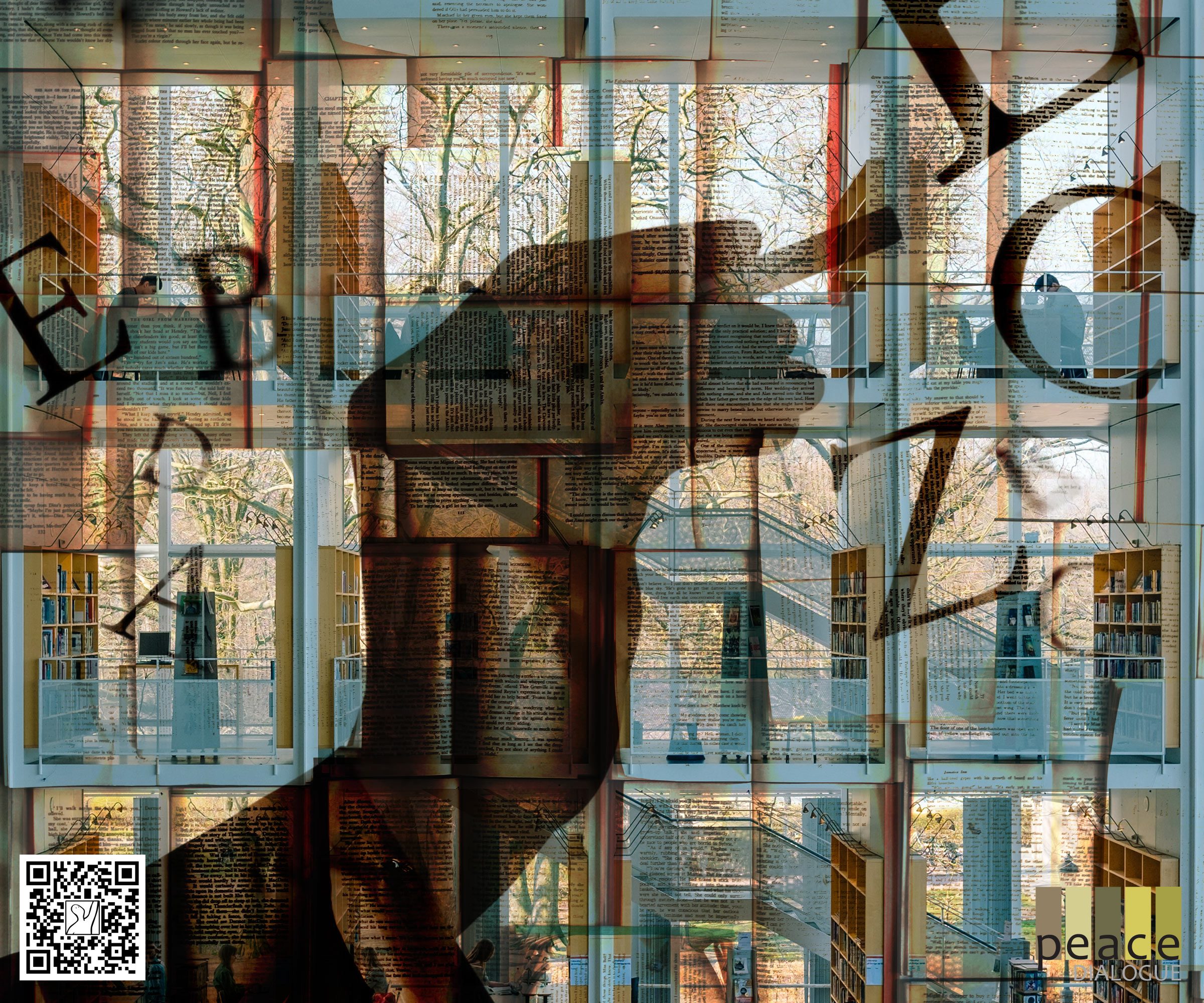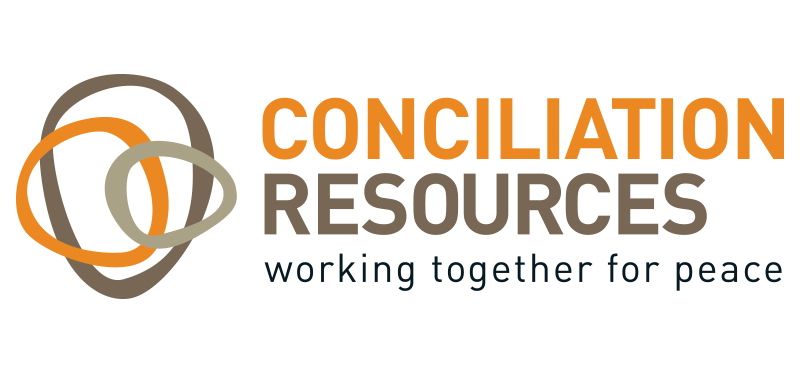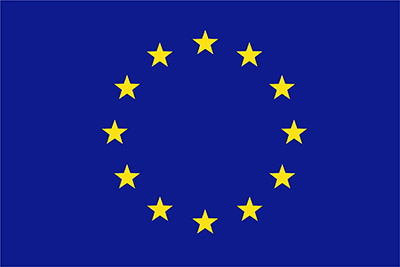
© 2022. Illustration by Peace Dialogue NGO
On October 1-2, within the framework of the Open Narratives project, Peace Dialogue NGO held a meeting during which the participants discussed questions related to possible developments of the Armenian-Azerbaijani conflict and the role of civil society in them, as well as realistic mechanisms and opportunities for activities addressing to the current situation.
Since the start of the Open Narratives project, Peace Dialogue has initiated a series of meetings dedicated to the promotion of discussions on political and civil impacts of the Nagorno-Karabakh conflict, identification of existing issues, as well as development of alternative approaches to existing dominant discourses and narratives on the conflict. Representatives of a number of state institutions, Parliament, NGOs, as well as journalists, political experts, human rights defenders, independent activists, local government representatives, psychologists, students from Yerevan, different regions of Armenia, and Nagorno-Karabakh took part at different stages of the discussions.
Emphasizing the significance of comprehensive, multi-layered observation and analysis of the issues, as well as the questions raised by the representatives of the civil society involved in the discussions, in May 2022, the organization also held two meetings in separate groups of women and men. The aim of these discussions was to identify the gender aspects of the approaches on the public impact of the Armenian-Azerbaijani conflict and their significance in the processes aimed at peaceful resolution of the conflict.
To the meeting convened on October 1-2, Peace Dialogue invited women and men from the aforementioned groups who were presented the outcomes of the previous two meetings. In addition to the discussion on the results, the participants came up with recommendations for possible activities. A part of them was related to the protection of conflict-affected groups’ rights and interests, whereas the others referred to longer-term activities for prevention of war risks in the region and preparation of bases for building a sustainable peace. These recommendations will also be taken into consideration by Peace Dialogue while planning the activities of the project’s next stages and generally for designing future peacebuilding initiatives of the organization.
The event was organized in partnership with Conciliation Resources NGO within the frames of the EU4P program funded by the European Union.





